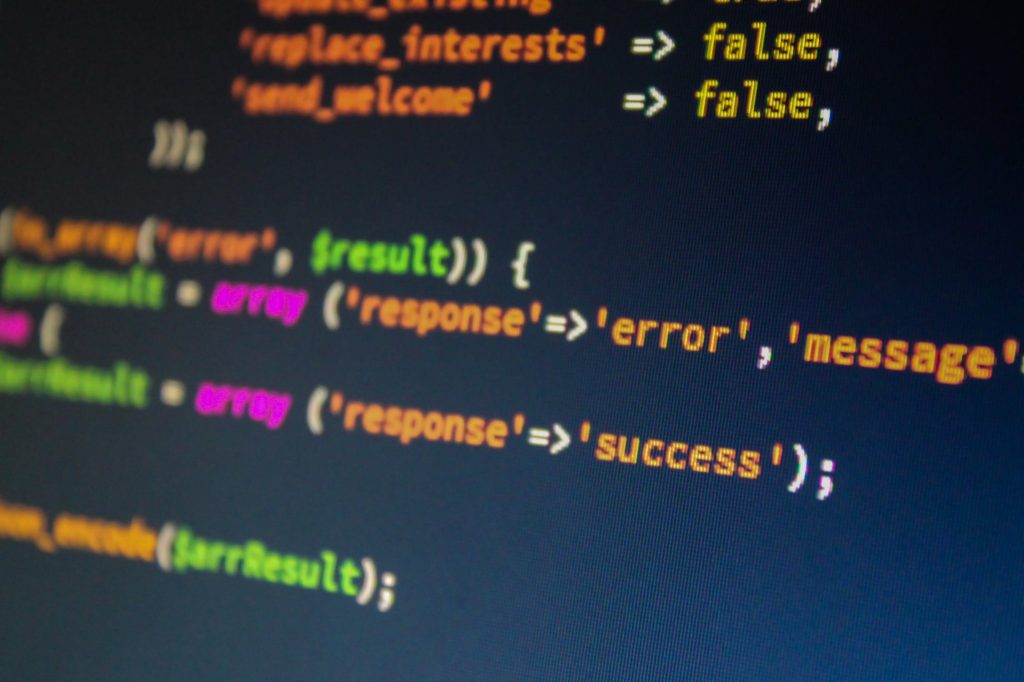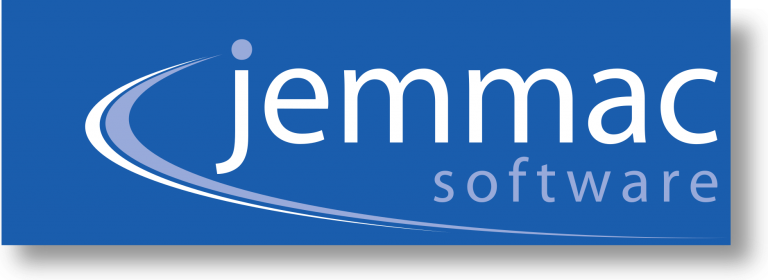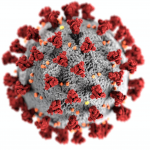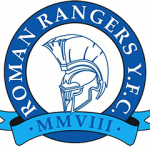
Many industries today are facing the same ‘legacy’ issues relating to software and hardware obsolescence. There is a general acceptance that hardware assets do need replacing, but since software doesn’t corrode or wear out it is somehow different. So one increasingly common question is:What can I tell my Leadership team when they ask me: “Why can’t software last forever?”
In this article Jemmac Director Mark Fisher discusses the key issues that are driving legacy and life extension projects the world over.
Software doesn’t wear out…
Software doesn’t wear out, it can last forever. What ‘wears out’ is the vessel it lives in. The vessel comprises a symbiotic mixture of hardware and operating system that evolved over time to meet the perceived and ongoing demands of the consumers. They want faster, smaller, more reliable, more interoperable…
The vessel vendors like this as it means more sales…it defines the future of their business. The evolution of the vessel is driven by future demands and not backward compatibility, beyond what the vendors can get away with!
So the vessel evolves and, at some point no longer supports the software… at this point some say the software is now ‘broken’; it’s not, it’s simply homeless as it no longer has a supported vessel to run in.
Virtualization…
Virtualization provides the opportunity to attempt to freeze the state of the vessel and so, theoretically provide an environment for the software to run forever.
If we put aside any custom hardware requirements the software might have then it’s true that virtualization does remove the tie to the base hardware – it’s all abstracted (the symbiotic relationship between the operating system and hardware has been broken) and the latest and greatest hardware can be used. The software is oblivious to the alien hardware it’s running it.
It’s also worth pointing out that virtualization provides the opportunity to isolate the software so that you can run the old software alongside (on other nodes) the latest and greatest new software. Going forward you’ll be faced with software challenges relating to having old and new versions of operating systems co-existing on your network… not insurmountable, but challenging non the less.
Operating System obsolescence…
The focus is now on the longevity of the operating system. In total isolation (i.e., 100% not network or otherwise connected) this old operating system will run forever (assuming support from the virtualization vendor) in the virtualized environment, so the software will run forever too. Unfortunately ‘not network connected’ is rarely an option.
Once you accept it has to be network connected then you are faced with addressing the ever present cyber threats that are constantly evolving and trying to compromise the operating system (and possibly the software too).
The crunch point comes when the operating system vendor stops supporting the operating system and the security tools also no longer support the operating system. In a corporately responsible world you can’t justify running the network connected operating system anymore; the cyber threat is simply unacceptable.
The software is now ‘broken’.
Conclusion
So, to answer the initial management led question of:Q. “Why can’t software run forever?”
A. “Because, at some point in the future, you’ll not be able to buy (at any cost) support for the vessel and your corporate responsibilities prevent you from exposing the business to the perceived threats that could now be realised.”
Your options:
- Find a supplier that can support the old operating system and related security measures forever. Finding a supplier/individuals who can do this is not easy and the costs will be high.
- Invest in keeping the software up to date so it will run in modern, easily supported vessels.
And, this is all predicated on the principle that as time goes by, you remain happy with the functionality the software delivers and it continues to meet your business needs without compromise to your business. This assumption is very likely flawed in its own right making the whole legacy vessel scenario mute.
Mark Fisher
Director, Jemmac Software Limited.
Tel : 01234 757251
Email : mark.fisher@jemmac.com








